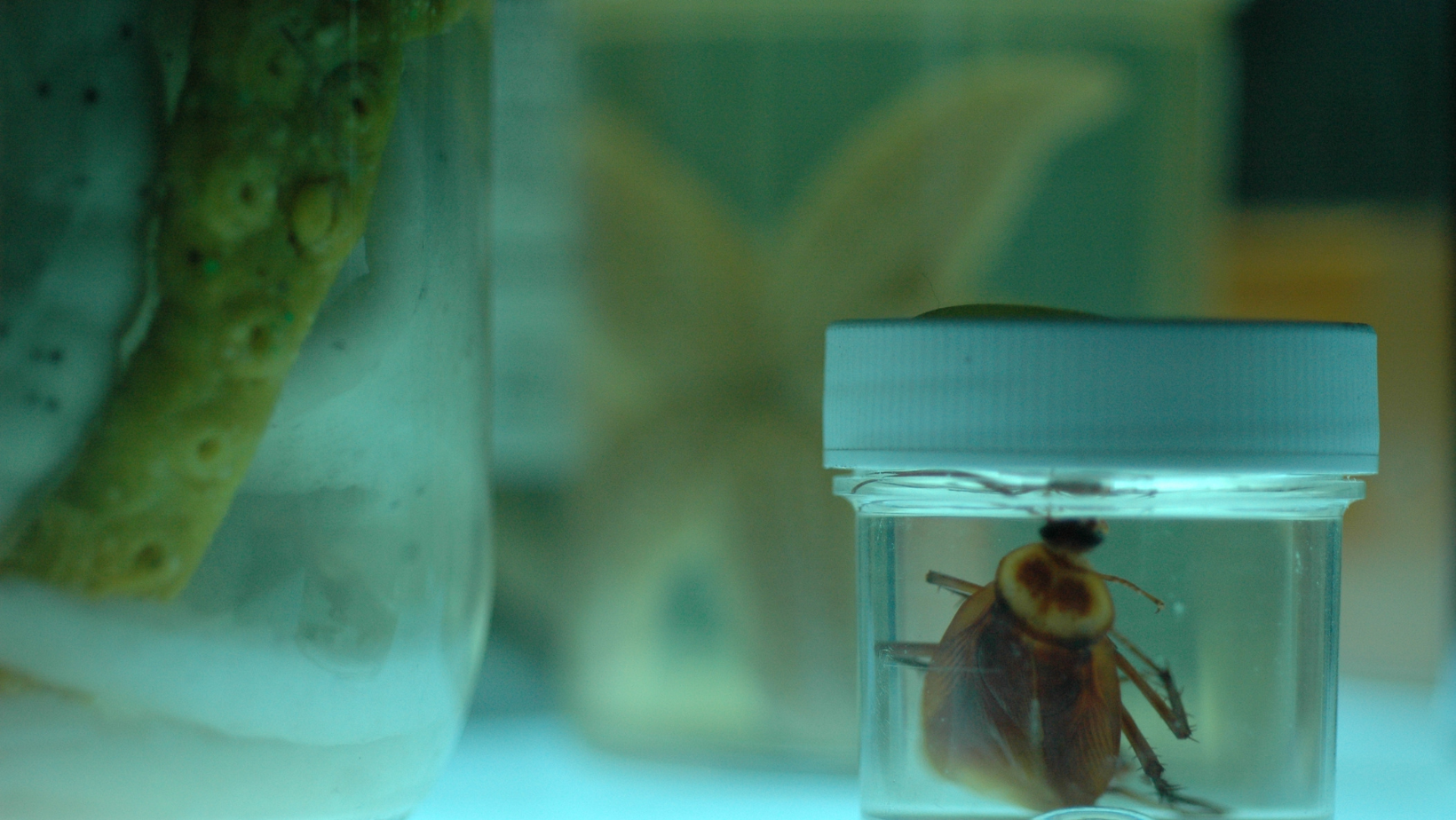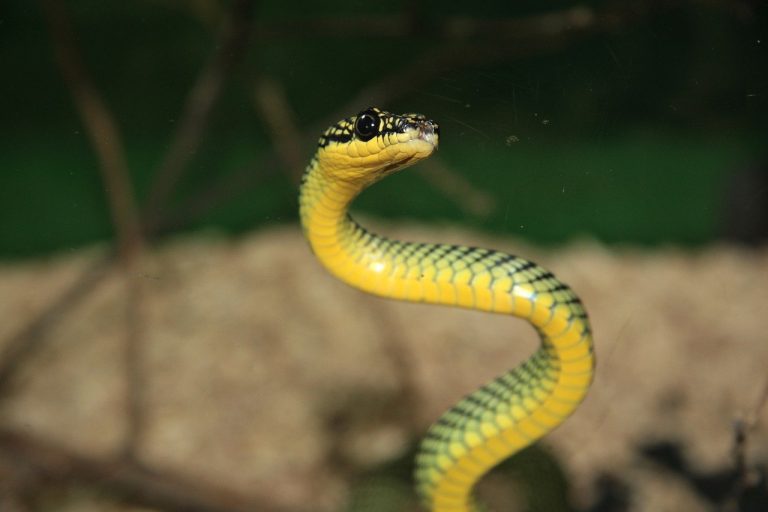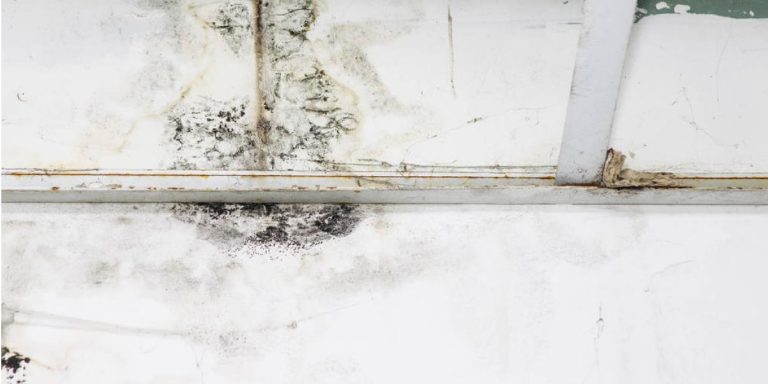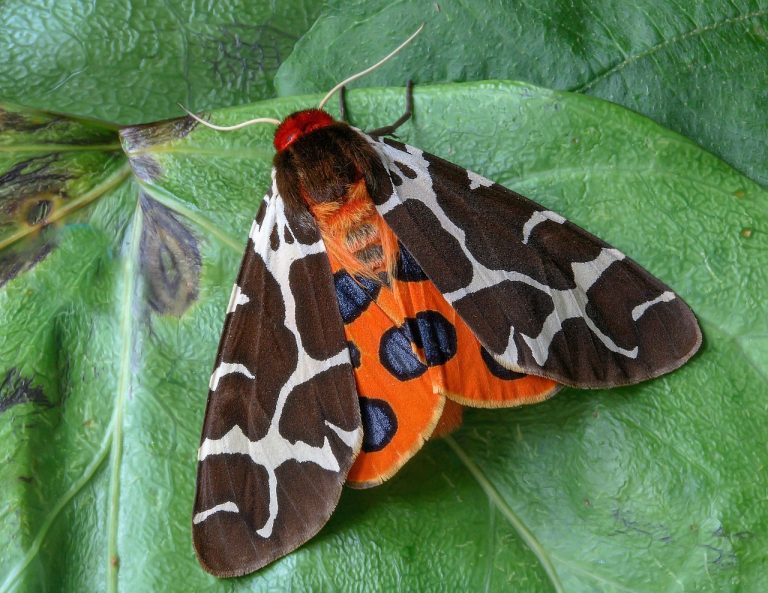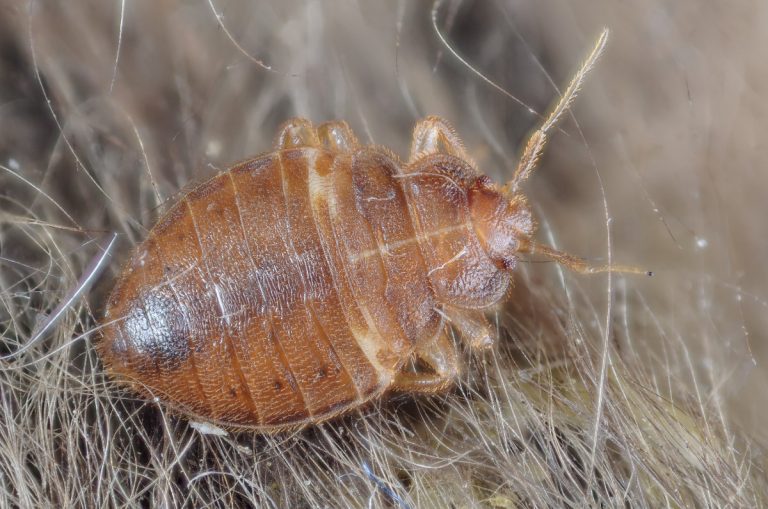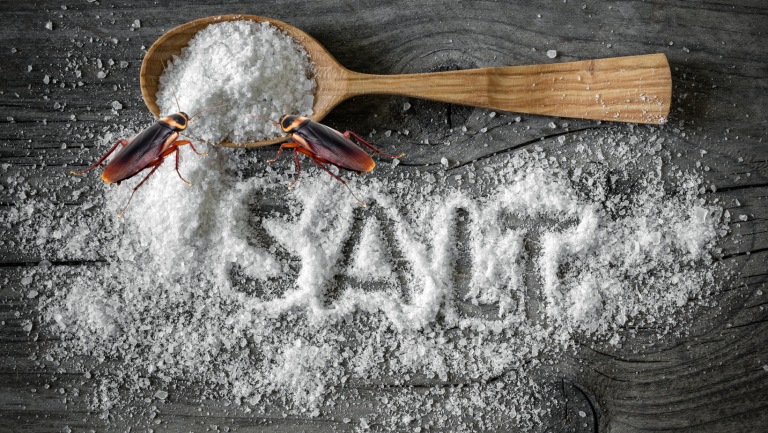Can Roaches Survive In Water?
Do Roaches Like Water?
Food doesn’t attract cockroaches to your home alone. Additionally, they will search for locations with water damage. As a result, you can anticipate them congregating in extremely damp places, as they do not require much water.
They need a few drops in the same areas that come consistently. So, check for any water leaks in your home, as these give adequate water supplies for the insects.
Many roach species prefer to reside near a water supply, but only a few can survive in water for extended periods. That is true for the vast majority of species, including the common household roach.
The most common cockroaches found in homes, German and American cockroaches, do not like water. To consume and keep hydrated, they merely require moisture and water sources.
Oriental cockroaches are well-known for their preference for water. Their habitat includes flooded basements and open water sources.
Why Do Roaches Prefer Water?
While cockroaches can spend days without feeding, they require a constant water source, especially the American cockroach. This insect is referred to as a waterbug.
Thousands of these roaches live in sewers and storm drains, but any water supply will attract them.
1. The Spiracle Respiratory System –
Roaches, unlike most organisms, do not have lungs. They use a spiracle respiratory mechanism.
A roach’s body is covered with many holes or pockets that are layered throughout its body. These act as valves, opening and closing to allow air.
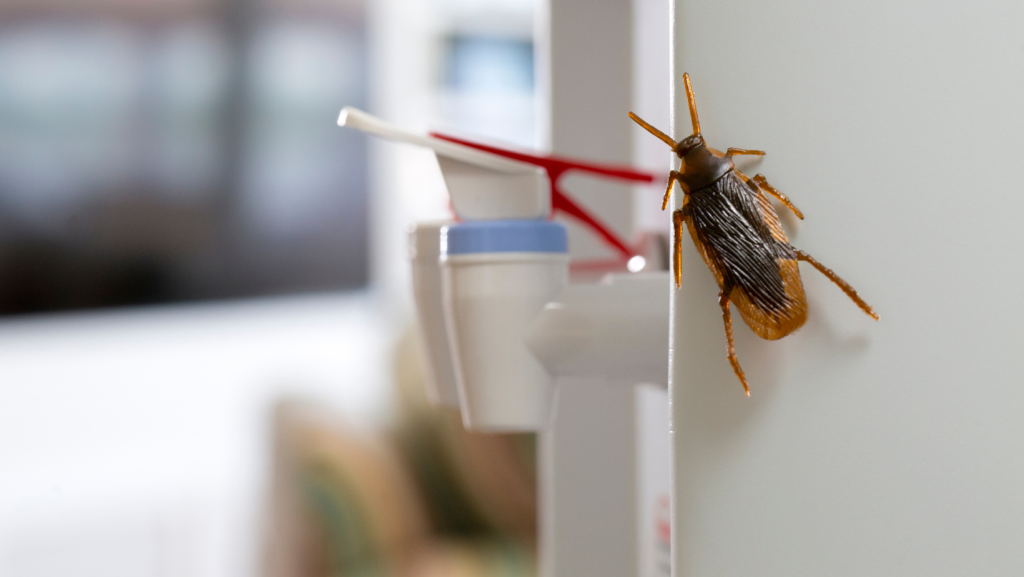
This is the mechanism through which a cockroach breathes. It can do so even with its head underwater. The roach does not require its face to breathe. Indeed, a roach breathes irregularly to increase its durability.
In danger, cockroaches can shut up these openings. When submerged in water, roaches can seal their respiratory system, keeping water out.
It also traps air inside, allowing cockroaches to float. Unless the roach sustains an injury, such as a crack in its exoskeleton, it will continue to bob up. Water will enter this situation due to the damage to its body and spiracle respiratory system.
2. Holding Their Breath –
Along with floating, cockroaches hold their breath using their entire body lungs. They are capable of doing so for a longer duration. When completely immersed, a roach can survive without air for up to 30 minutes. This allows the cockroach to:
- They float up to the surface when drawn into a pipe.
- Move out of a puddle or pool of water
- Wait for a human who has dunked or submerged.
When roaches lie in the water and appear to be inactivated, they are holding their breath. They’ll scurry to safety after seeing an escape route.
3. Outstanding Climbing Ability –
Roaches are incapable of climbing completely flat surfaces, such as glass. Like another organism, they may struggle to ascend a slippery slope, such as the interior of your toilet bowl. But roaches can climb amazingly.
So it can probably find traction someplace on the slippery. This enables it to crawl back out safely. You can’t just put a roach in a bucket of water and hope it drowns.
Do Roaches Drown In Water?
Cockroaches are incredibly resilient organisms, yet they require oxygen to survive. This may indicate that they are easily drowned.
Roaches might drown in water. They will drown if entirely submerged in water and unable to breathe.
They don’t have gills or organs that can absorb oxygen into their bodies, especially if they are submerged in water.
However, drowning a roach will not be easy.
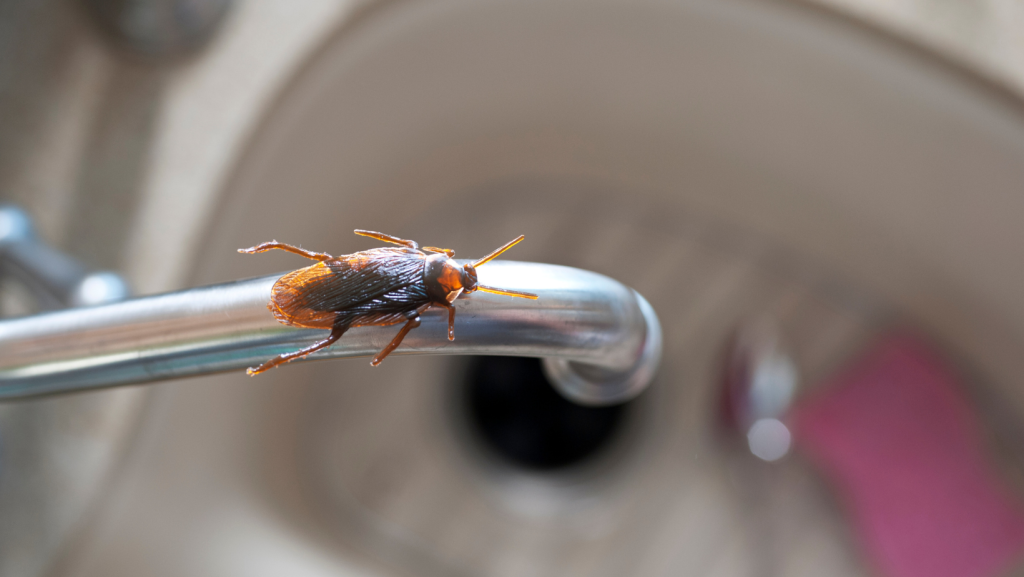
Can Cockroaches Swim?
Physically, roaches cannot swim. Certain species can move underwater to a certain extent.
Oriental cockroaches prefer water over American cockroaches. This navigation, on the other hand, is incidental.
When a cockroach closes its spiracles, it traps air inside its body and floats. It will simply bob to the surface of whatever water source at this stage.
Of course, the scared roach will paddle its legs in a desperate effort to get away from whatever is troubling it. This can help it navigate to a drain’s opening. It can float underwater, but only with limited mobility.
Using Water Damage Restoration to Prevent Roaches
No matter how insignificant the leak, water damage to your property necessitates the immediate repair of the damage and the removal of the standing water.
Roaches will seek water sources, and that small leak may be an ideal source of water for them. Excess water can cause mold growth and significant property damage. Water damage restoration professionals can successfully remove excess moisture and water from your property, preventing injury and reducing roach attraction.
Is Hot Water Effective at Killing Roaches?
Cockroaches are temperature resistant but not invulnerable. One that is exposed to temperatures greater than 125 degrees Fahrenheit will die.
Research by the Department of Health, Education, and Welfare found that roaches dislike even colder temperatures. Even temperatures as high as 95 degrees Fahrenheit compelled them to seek the best safe place.
This applies in particular to air temperature and water temperature. A University Of Nebraska-Lincoln study found that exposing roaches to 115-120°F air temperatures was enough to kill them. This exposure, however, should last 5-6 hours.
If you pour boiling water on a cockroach, it will be effective. You must, however, completely immerse the cockroach.
A little splash may injure but not kill the roach. Roaches need to have more than a few seconds of exposure to these temperatures to survive.
Can Cold Water Affect Roaches?
If you want a one-two pest management approach, you may ask if cold water would kill roaches. However, cockroaches are more resistant to cold than to heat. The freezing point of water has a natural capability to interact with you.
Research in Physiological Entomology has shown this to freeze an alpine cockroach in New Zealand. The cockroach recovered after being frozen at 32 degrees Fahrenheit. It was lethargic, but it was all right.
Temperatures below this were challenging for the roaches to survive. They died after being frozen at 14°F and subsequently thawed.
Your glass of water will not harm because it freezes at 32°F. The cockroach would have to be completely frozen.
Then the temperature would have to drop below that of most home freezers. Throwing ice cubes at it won’t help until you smash it with them.

